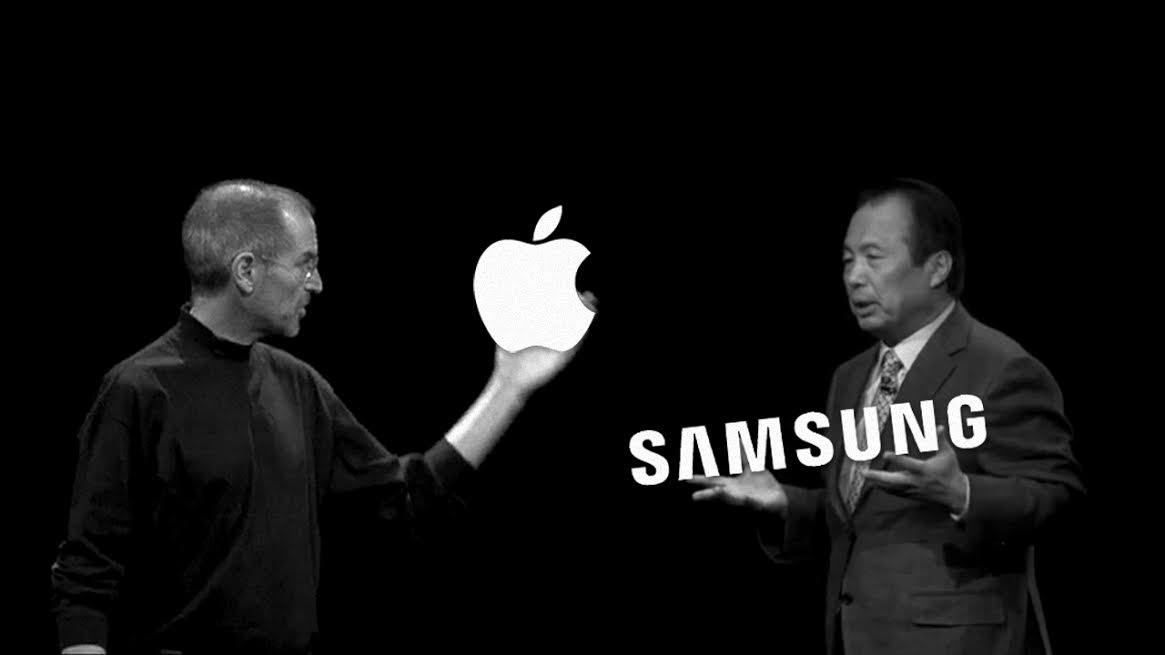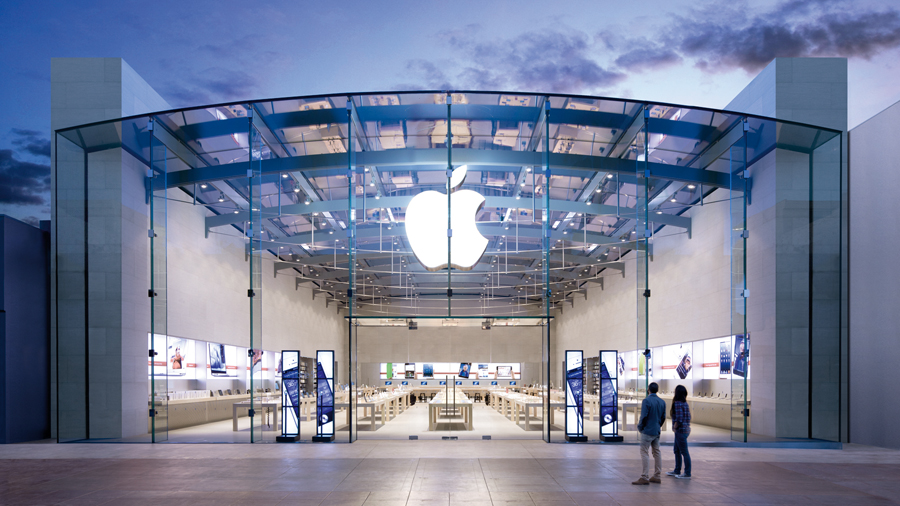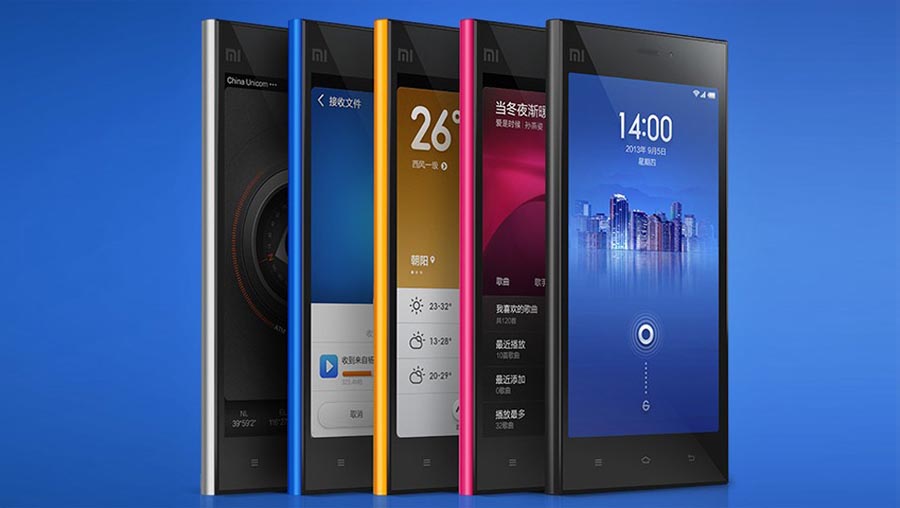Apple's cultural impact is the real challenge for Chinese smartphone heroes
Fashion beats flagships as brands battle in China

China's in an interesting place with smartphones right now. The country became the world's largest smartphone market in 2011, and now, according to analytics firm Umeng, houses more than 700 million active smartphone users.
While Samsung is busy whipping Apple, other players are busy moving up the food chain. Meanwhile, Chinese Android phone maker Xiaomi is preparing to make a global push.
But while the rise of Chinese smartphones seemingly poses a threat to Samsung, LG and others, there's some vital cultural context that the numbers game too often overlooks.
Shen Jingting, a technology writer for China Daily based in Hong Kong, has been covering the field for several years and watched Apple and Samsung rise to the top.
"The market has changed dramatically in recent years, as Nokia held about half of the Chinese market in 2007," she tells us.
"Local manufacturers, including Huawei, Lenovo, Xiaomi and ZTE, are emerging as strong players and are imposing challenges to Samsung and Apple."
"However, these domestic companies are lagging behind international firms in terms of branding and marketing. Meanwhile, they have failed to deliver real eye-catching, high-end flagship smartphone models."
Get daily insight, inspiration and deals in your inbox
Sign up for breaking news, reviews, opinion, top tech deals, and more.

The big Apple
Take a look from the inside and you'll see how powerful this "branding" can be, ultimately transcending the technology itself. Companies like Apple have become idolised by a younger, more worldly generation that looks adoringly to the West.
Aspiration has become the best marketing tool that Apple could ask for, and Cupertino didn't have to shell out a single yuan.
I worked in Beijing for several months, and during that time I noticed just how much these companies could penetrate the cultural consciousness. Spend a day in the city and I guarantee you'll spot the bitten fruit in some odd places - people's shoes, tshirts, bags. Even Samsung's less-iconic logo would appear on the odd piece of clothing.
And let's not forget the 22 fake Apple stores that were uncovered in Kunming, Southwest China, back in 2012.
Wang Zi, a senior editor and tech writer on China Daily's supplement paper 21st Century, sums it up perfectly: the smartphone is perceived as a qualification of a person's lifestyle.
"In China, the smartphone has exceeded its basic functions of sending and receiving information and moved into a status symbol for young people," he says.
"To some extent, the smartphone one uses reflects the person's taste and even his or her lifestyle. Having tech logos on their outfits is an expression of their ideas.
"Apple products still serve as a statement for young Chinese who try to pursue a way of life similar to their Western peers."
Eastern opportunities
Cupertino may have been late to seizing its opportunity with China, but its partnership with China Mobile will be pay large dividends and should see future iPhones released in the country a lot faster. A large-screen iPhone 6 will no doubt also be a hit, should it ever materialise.

And while Samsung might not be charged with Western promise, it's just as pertinent a symbol of a better lifestyle - a big factor that's helping Korea to hold the top spot.
"With China's tech innovation ability yet to get mainstream, and companies in the country largely following the international trend instead of leading one, young people in China will still be about following tech breakthroughs in the West for the foreseeable future," says Wang Zi.
Domestic smartphone companies have been growing fast and we're sure to see them rise higher. But for now, Apple and Samsung are perhaps more embedded than a lot of charts and graphs can account for. For a new generation that's more outward looking than ever before, local manufacturers may find it even more difficult to wield influence.
On many days during my time in Beijing I'd notice the same elderly woman pass my apartment block. Often she'd be wearing a red jumper with an Apple logo adorning the front, so one day I approached her and asked why she had it. Her response was simply, "Because it's fashionable". She didn't even own a mobile phone.
- But Apple and Samsung still have a lot of work to do - which includes keeping an eye out for these players.
Hugh Langley is the ex-News Editor of TechRadar. He had written for many magazines and websites including Business Insider, The Telegraph, IGN, Gizmodo, Entrepreneur Magazine, WIRED (UK), TrustedReviews, Business Insider Australia, Business Insider India, Business Insider Singapore, Wareable, The Ambient and more.
Hugh is now a correspondent at Business Insider covering Google and Alphabet, and has the unfortunate distinction of accidentally linking the TechRadar homepage to a rival publication.
